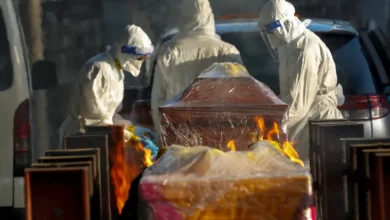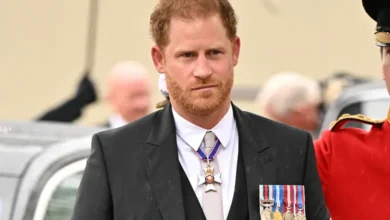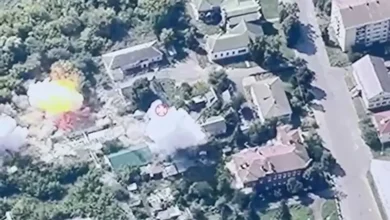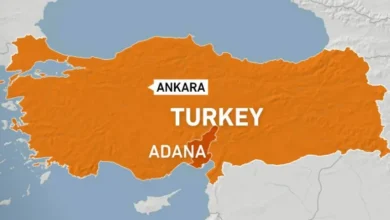Trump pleads not guilty at arraignment: What happens next?
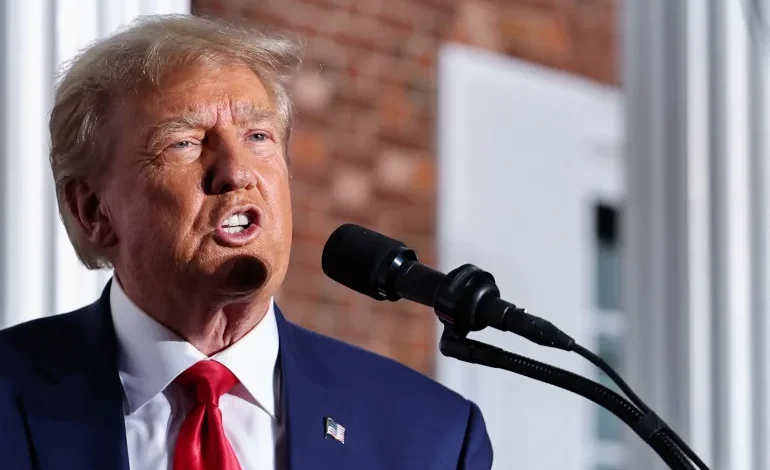
Donald Trump pleaded not guilty at an arraignment in Miami on Tuesday to 37 charges of mishandling classified information, an indictment that made him the first former United States president to be federally prosecuted.On Friday, the US Justice Department unsealed an indictment that outlined 37 criminal charges against Trump, including 31 under the Espionage Act.
Other charges include conspiracy to commit obstruction and false statements.
Trump stands accused of unlawfully hoarding dozens of sensitive national security files in his Mar-a-Lago estate in Florida when he left office in 2021. He later refused to return them and conspired to obstruct the investigation to retrieve them.
He is also charged with sharing sensitive US secrets with people who had no security clearance.
The material he stored in his home included nuclear programmes, defence and weapons capabilities of the US and foreign governments, the indictment said.What happens next?
It could be a year or more before a trial takes place.
Trump was allowed to leave court without conditions or travel restrictions, and no cash bond was required. US Magistrate Judge Jonathan Goodman ruled that he was not allowed to communicate with potential witnesses in the case.
Trump’s aide Walt Nauta, who is also charged in the case, appeared alongside Trump but will not have to enter a plea until June 27 because he does not have a local lawyer. He, too, was released without having to post bond and was ordered not to talk to other witnesses.
Federal prosecutors are expected to begin handing over evidence to Trump’s lawyers. That could include years of correspondence between Trump’s defence, the US National Archives and Records Administration and prosecutors as they haggle over the documents.They are also likely to argue the case should be discarded for what they allege was misconduct by prosecutors, including alleged violations of a legal doctrine that permits people to keep communications with their lawyers private.
Motions to dismiss in criminal cases are standard but rarely succeed because defendants face a high burden convincing a judge that their case is too flawed to even go before a jury.
Prosecutors are also entitled to the benefit of the doubt on their factual allegations at that stage.
How many protesters were at the Miami court?
Hundreds of Trump’s supporters had gathered outside the court in Miami to protest against the charges.
Many of them echoed Trump’s claim that the case is a political smear campaign aimed at derailing his 2024 campaign for a second term as president.
